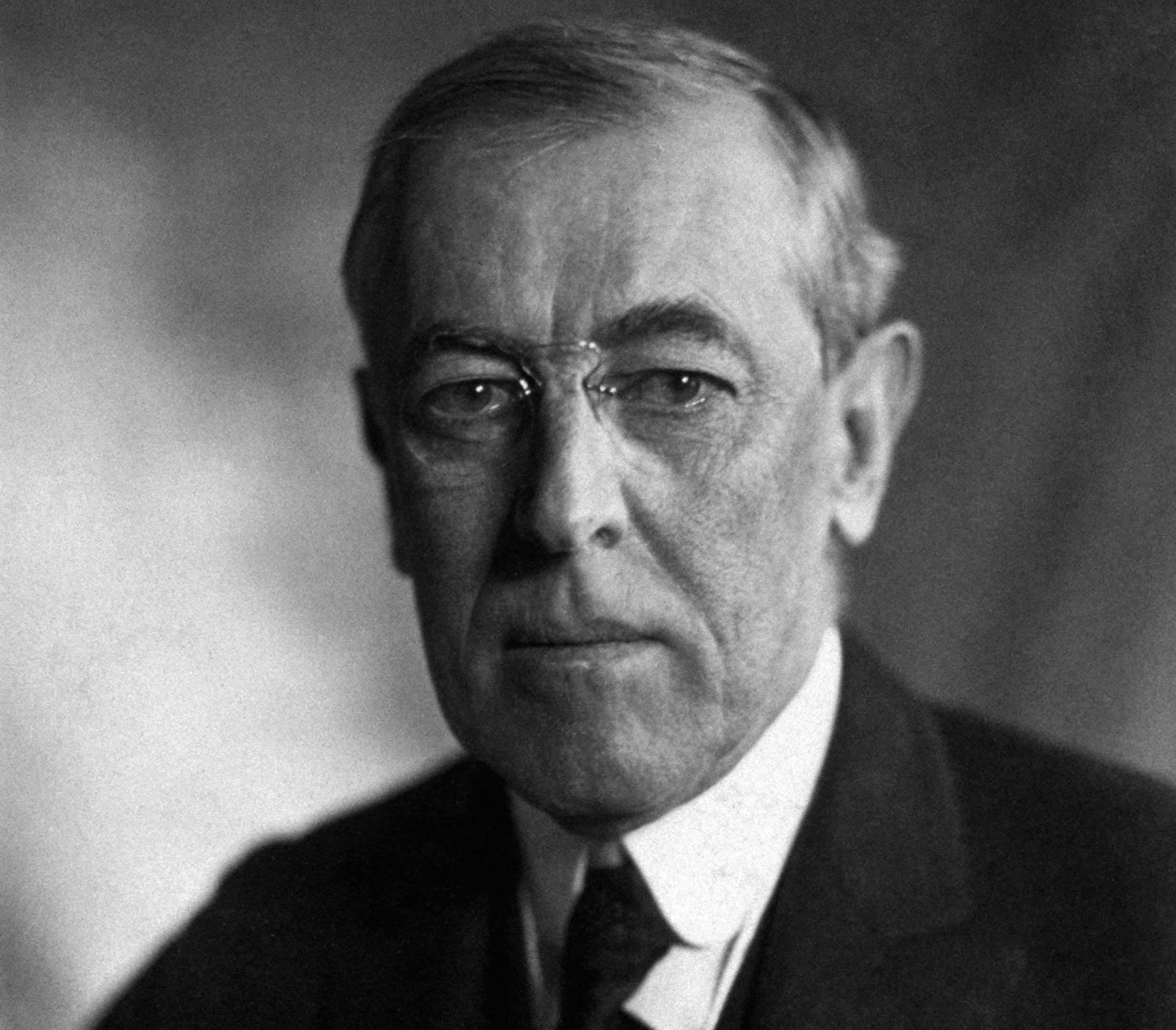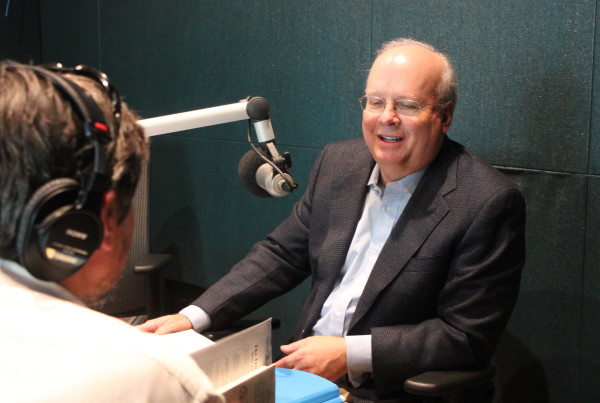For decades, Princeton has bragged of the fact that Woodrow Wilson was president of the school before he was president of the United States. Its school of public and international affairs is known as the Woodrow Wilson school and a residential complex bears his name as well. Now posters have sprung up across campus raising an inconvenient truth seldom discussed on campus: Wilson’s racist views.
After a walkout by hundreds of students last week, and the occupation of the school president’s offices, the university says it will consider demands to eliminate Woodrow Wilson’s name from school buildings and “acknowledge the racist legacy of Woodrow Wilson.”
Wilson’s legacy of race relations is complicated, however, says Pulitzer Prizewinner A. Scott Berg. Berg, the author of a definitive biography titled “Wilson,” spoke to the Standard in 2013. He acknowledged that most people don’t really know this other side of America’s 28th President.
“It is most ironic that the most progressive president we had had also proved to be the most regressive when it came to racial matters,” Berg says.
Wilson was born in 1856 in Virginia and was raised in four states in the deep south. “He remembered the Civil War, he remembered Reconstruction, and he remembered segregation in the old south, that’s what he knew,” Berg says. “When he became president, integration was on his mind. But he truly felt in his heart of hearts the country simply wasn’t ready for it.”
Wilson allowed two of his cabinet members to introduce segregation into the Federal workplace: the U.S. postal system and the Department of the Treasury. African american were just beginning to make some inroads in those departments, Berg says, so in many ways, it was a step backwards for the country.
“Wilson did believe it was the safest thing for both sides of this argument. He felt that whenever integration hit this country there was gonna be a bloody revolution,” Berg says. “Part of him didn’t want it on his watch, part of him knew the way the south would react to too much integration too quickly, and so he allowed this Jim Crow policy to take hold.”
Berg says there’s another aspect to Wilson’ racist policy as well. Wilson came into the presidency with a progressive “New Freedom” agenda, but Berg says Wilson realized quickly that he was not goign to get any of it passes if he didn’t have the support of the southern Democrats in the House. “They made it very clear if he was going to start integrating the country he was gonna get nothing through the Congress,” Berg says.
Berg says there has been a recent rise of interest in Woodrow Wilson because today’s events mirror everything Wilson went through during his time in office.
“We are all the products of the world Wilson invented,” Berg says.
Our economy is based on the Federal Reserve System, which was introduced by Wilson. All progressive legislation within the last 100 years all goes back to Wilson’s “New Freedom,” Berg says. U.S. foreign policy also goes back to one speech Wilson gave on April 2, 1917, when he said the world must be safe for democracy.
“For good or bad, and for use or misuse, every president who has offered an incursion into some other country,” Berg says. “Whether it’s Wilson himself in Mexico, or whether it’s Vietnam or Iraq or Afghanistan, or even talk about Syria – all that goes back to Wilson’s notion. This introducing of a moral component to American Foreign policy.”















